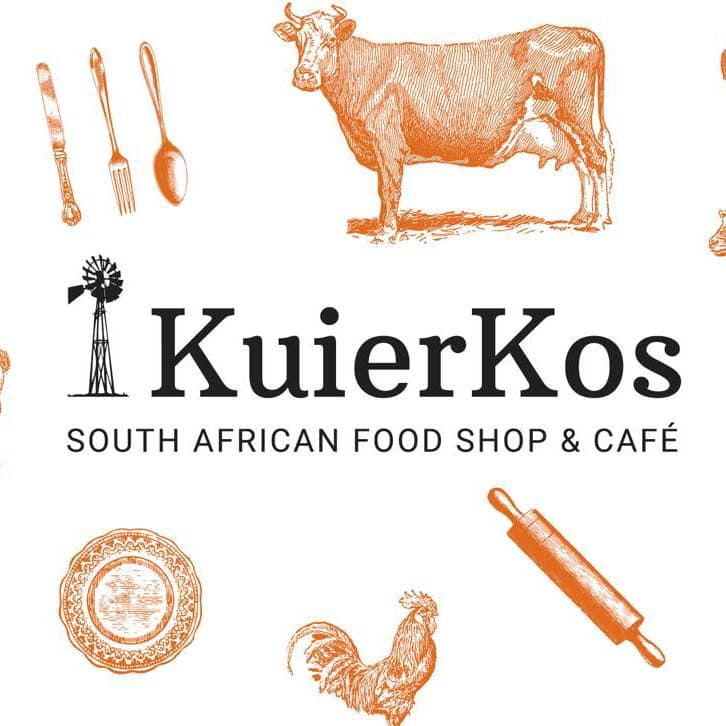Whether you are travelling for holiday or business, it is always good to know and understand the culture etiquette of other countries. How else will you know when visiting Sub-Saharan Africa that someone is greeting you when they spit in front of you? Or that you should never show the soles of your shoes in Arabic countries?
You can save yourself a lot of embarrassment by brushing up your knowledge on when and how much you are supposed to tip someone, the way you are expected to greet people, and what is regarded as good table manners.
Here are a few etiquette tips from around the world:
Australia
Australia is a diverse country with over five million immigrants from 160 countries. Punctuality is very important in Australia and a handshake is just as necessary as in South Africa. One can also shake a woman’s hand, although women do not generally shake hands with other women. The “V” sign (made with index and middle fingers, palm facing inward) is a very vulgar gesture, as is the “thumbs up” gesture. A man who travels alone in a taxi is expected to sit in the front passenger seat.
China
The family is the main focus for most Chinese and age and rank are highly respected. In China you can greet someone with a handshake. Hugs are not acceptable. During a meeting you should always allow other people to leave the meeting first and you must be prepared for meetings to continue for a very long time. When greeting women, keep in mind that women keep their maiden name. When receiving a gift, do so with both hands. It is also regarded as good manners to leave some food on your plate en to not finish everything on your plate.
France
The French are proud of their culture, language, history and values. If you do not speak French, or are not fluent in the language, it is appropriate to apologise. Address someone by their appropriate title and surname, rather than their first name. Rather wait until a person indicates it is OK to address them by their first name. It is important to dress neatly and appear professional. The French dislike debate or conflict in public spaces and also do not like the hard sell approach. It is acceptable to have wine during a meal, but do not discuss business during dinner.
Germany
Germans value order, privacy and punctuality. Humour in a business context is frowned upon and you should never stand with your hands in your pocket. During any business event you should introduce yourself by your title and surname, not your first name. Never use the “okay” sign (index finger and thumb jointed together to make a circle) as it is not acceptable. The “thumbs up” gesture means you wish someone good luck, which is acceptable. Also remember to nod your head while shaking someone’s hand, it will leave a good impression!
Japan
Do not tip servers in a restaurant or taxi drivers if they help you with your luggage. This is regarded as insulting as exceptional service is seen as the norm. It is important to nod your head during a conversation to ensure the other person that you are listening. Never point at someone with four fingers spread out and the thumb folded in. Japanese appreciate if you show knowledge of their culture. Do not refuse a drink during a meal. You should also always allow the other person to pour you a drink rather than doing it yourself. Try to avoid saying the word “no”. It is regarded as very rude in Japan as well as in India.
Some other unique etiquette rules around the world:
- In Britain people do not easily keep eye contact with each other.
- In America it is acceptable to talk about business over a meal – whether it is breakfast, lunch or dinner.
- In Greece any gesture that shows the palm is deemed unacceptable, such as indicating someone should stop, or waving. If you want to wave someone goodbye, rather turn your palm inward.
- When entering a home in India, it will often be expected from you to remove your shoes.
- Do not thank your host in India after a meal. It is seen as a form of payment and therefore insulting.
- In America it is not always acceptable in a business environment to offer someone a thank you gift, as it can be regarded as bribery.
Although most people know that everybody acts according to their own culture, you will be able to build trust faster if you try to get an understanding of someone else’s culture. Do what you can to show respect through your body language. Make it obvious that you are trying to accommodate your colleagues during formal meetings and make sure you let everyone you come across feel comfortable in your company!
Is there any interesting culture etiquette that you had to learn while abroad? Let us know at wêreldwyd@afriforum.co.za.
ALSO READ: Culture shock – you are not immune
Share on
Latest articles




















